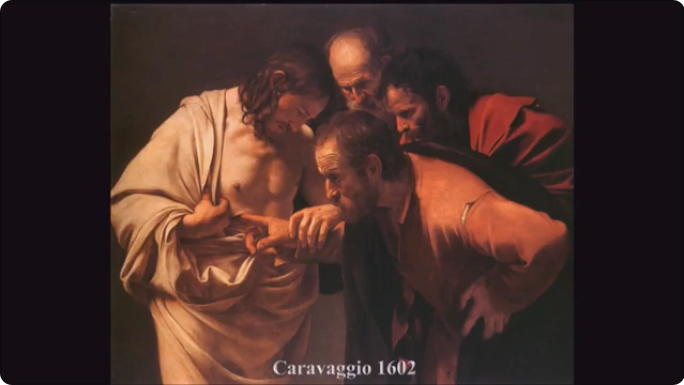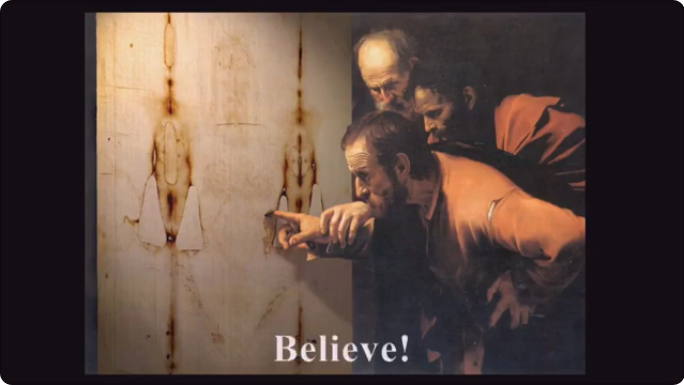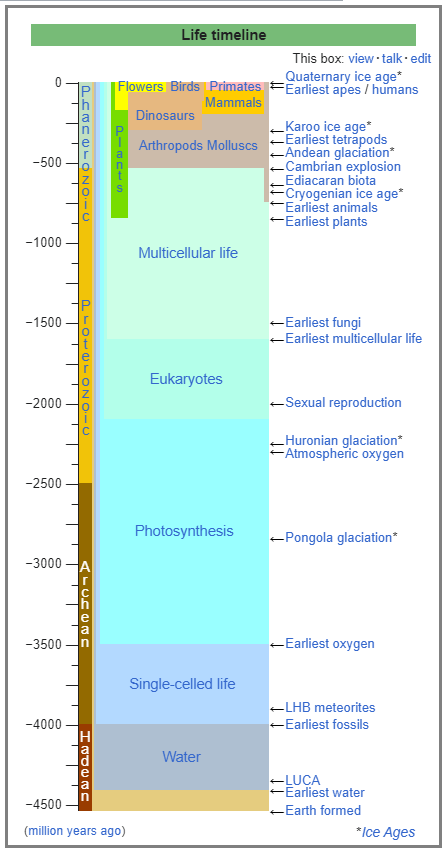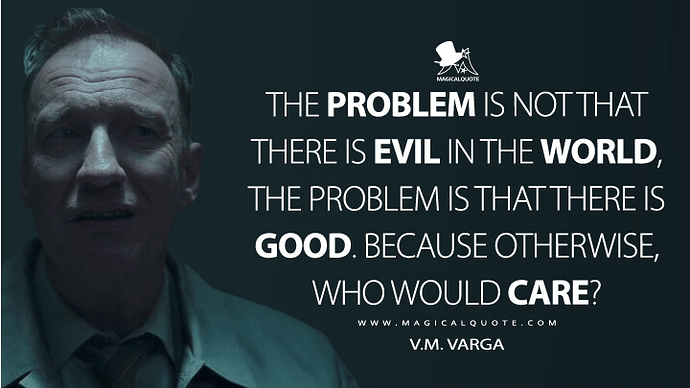I just read this today. If you have been a long-time listener of “The White Horse Inn,” you’re probably acquainted with this lovely man. He has been away from the show for some time, and I’ve missed him.
Rod Rosenbladt was one of the original hosts of White Horse Inn. Rod died after a brief illness on February 2, 2024. For many of us, “Dad Rod” was more than just a regular voice articulating a confessional Lutheran distinctive on the radio. He was a mentor, a father in the faith, and a trusted friend. The board and staff of Sola Media extend our deepest condolences to Rod‘s family and to our friends at 1517.org, the organization Rod founded with his son, Ted, after retiring from his post at Concordia University and stepping down as a regular host of White Horse Inn. Although we grieve his death, our tears are mixed with joy for we know that one day we will see him again, all of us changed into the image of the Christ he loved to proclaim.
Listed below Dr. Horton’s letter is a list of resources written and presented by Rod for White Horse Inn as well as for Modern Reformation during his time on the roundtable. We hope they will bring encouragement and wisdom.
My heart is heavy with the news that one of my dearest friends and mentors, Dr. Rod Rosenbladt, has died. A wide variety of eulogies can be written about Rod because he touched the lives of so many people from so many walks of life. Everyone has Rod stories.
I met Rod in 1986. Dr. Kim Riddlebarger was teaching with Rod at Dr. John Warwick Montgomery’s Simon Greenleaf School of Law and introduced us. I had started a little group at Biola where we went through Romans and then evangelized on the streets of Hollywood. The first time he came to our group of misfits at Biola, he held up two crossed fingers: “Luther, Calvin,” then another two: “Wesley, Rome.”
Rod told some stories over and over. But they were never about the rich and famous or the evangelical elites he knew over the decades. A lot of them were about his dad, Mayo Clinic surgeon and Lutheran layman, with Bibles and notebooks spread open around the table and men laughing, praying, and learning together. When a teenage Rod totaled the car his dad gave him, all he heard was the good grace of a loving father.
Whatever Rod’s dad put into him, Rod shared with us. We called him Dad Rod on the White Horse Inn. He wasn’t just the elder sage in the room but reminded us of what was best in our own fathers. Rod became good friends with my parents and grieved with me at both their funerals. Same with my brother Gary’s. Just a few weeks ago, he and his son Ted invited me to hang out, but something came up. I really wish I’d had one last chance for an evening with a man who shaped my adult life.
Rod was the guy you wanted at your side in life, but also as a debate partner. It was like having a hybrid of Luther and C. S. Lewis in the room—but even more. Rod brought his own gifts to the game. He was never churlish but genuinely respected people, even those with whom he disagreed. He never resorted to ad hominem, not just because it wasn’t his nature but because he had too much substance he wanted to convey. The first debate we did together was while I was still in college, sponsored by the Student Association. A few years later, we had the debate with Roman Catholic theologians at Lake Avenue Congregational Church in Pasadena, then another with Clark Pinnock and other representatives of Open Theism.
Over drinks, we could reprise our five-centuries-old Lutheran-Reformed debates. But whenever I suggested tackling our differences on White Horse Inn, he always grumbled, “No, let’s just go to the OK Corral together to defend the gospel and help people.” He was especially sensitive to those who had been hurt by the church, whose doubts were judged instead of engaged, young people about to walk out until he told them about Christ’s imputed righteousness and the evidence for his resurrection. A whole book could (and should) be written with Rodisms like “Christ died for the sins of Christians, too.” Everything went back to the cross and resurrection, everything, always.
Rod had a picture hanging over his fireplace with a cowboy looking in at a house. “That’s me,” he said. “I’m always an outsider.” Rod was not a natural son of the LCMS. When his American Lutheran Church merged with the body that would become the mainline ELCA, it quickly lost its commitment to the inerrant scriptures. He became a student of Dr. John Warwick Montgomery and similarly joined the LCMS because of its faithfulness to the Lutheran confession.
Rod was “out there” with all sorts of non-Lutherans, teaching courses for Campus Crusade leaders and hanging out with non-Christians with ease. If I were not a Christian, I’d want to be after an hour with Rod. On one occasion I recall J. I. Packer saying, “Rod, you not only teach Luther’s theology. You embody the very man.” Rod and R. C. Sproul developed a close relationship as well and had him speak at Ligonier events.
Over three decades together on White Horse Inn, Rod helped me to discover my own Reformed tradition, too. In defending crucial distinctions between the law and the gospel, for example, he pressed me to go to my own sources, where I discovered he was right long ago when he held up those crossed fingers. We would argue over Christology, baptism and the Eucharist, but it always provoked a new quest to go back to my own sources.
He taught me so much. I often say of my WHI colleagues that I don’t know where my comments begin and theirs end. So much of what I say is unintentional plagiarism of Rod, Kim, and Ken.
Rod always knew where the edge of the envelope was. He was a Lutheran of the deepest conviction. But he never, ever forgot the crossed fingers: “Luther and Calvin.” And more importantly, he never forgot to point us all away from ourselves to “the Lamb of God who takes away the sin of the world.”
–Michael Horton




